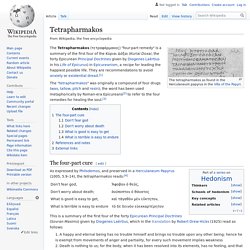

Myth, Legend, Folklore, Ghosts. Apollo and the Greek Muses Updated July 2010 COMPREHENSIVE SITES ON MYTHOLOGY ***** The Encyclopedia Mythica - SEARCH - Areas - Image Gallery - Genealogy tables - Mythic Heroes Probert Encyclopaedia - Mythology Gods, Heroes, and MythDictionary of Mythology What is Myth?

MESOPOTAMIAN MYTHOLOGYThe Assyro-Babylonian Mythology FAQ Sumerian Mythology FAQ Sumerian Mythology Sumerian Gods and Goddesses Sumerian Myths SUMERIAN RELIGION Mythology's Mythinglinks: the Tigris-Euphrates Region of the Ancient Near East Gods, Goddesses, Demons and Monsters of Mesopotamia The Assyro-Babylonian Mythology FAQ More info on Ancient Mesopotamia can be found on my Ancient River Valley Civilizations page. GREEK MYTHOLOGYOrigins of Greek MythologyGreek Mythology - MythWeb Greek-Gods.info (plus a fun QUIZ)Ancient Greek Religion Family Tree of Greek Mythology Greek Names vs. VARIOUS FAIRIES, ELVES, UNICORNS, MERMAIDS, & OTHER MYTHICAL TOPICS HERE BE DRAGONS!
All-Natural Cleaning Solutions. Tetrapharmakos. The Tetrapharmakos (τετραφάρμακος) "four-part remedy" is a summary of the first four of the Κύριαι Δόξαι (Kuriai Doxai, the forty Epicurean Principal Doctrines given by Diogenes Laërtius in his Life of Epicurus) in Epicureanism, a recipe for leading the happiest possible life.

They are recommendations to avoid anxiety or existential dread.[1] The four-part cure[edit] As expressed by Philodemos, and preserved in a Herculaneum Papyrus (1005, 4.9–14), the tetrapharmakos reads:[4] This is a summary of the first four of the forty Epicurean Principal Doctrines (Sovran Maxims) given by Diogenes Laërtius, which in the translation by Robert Drew Hicks (1925) read as follows: 1.